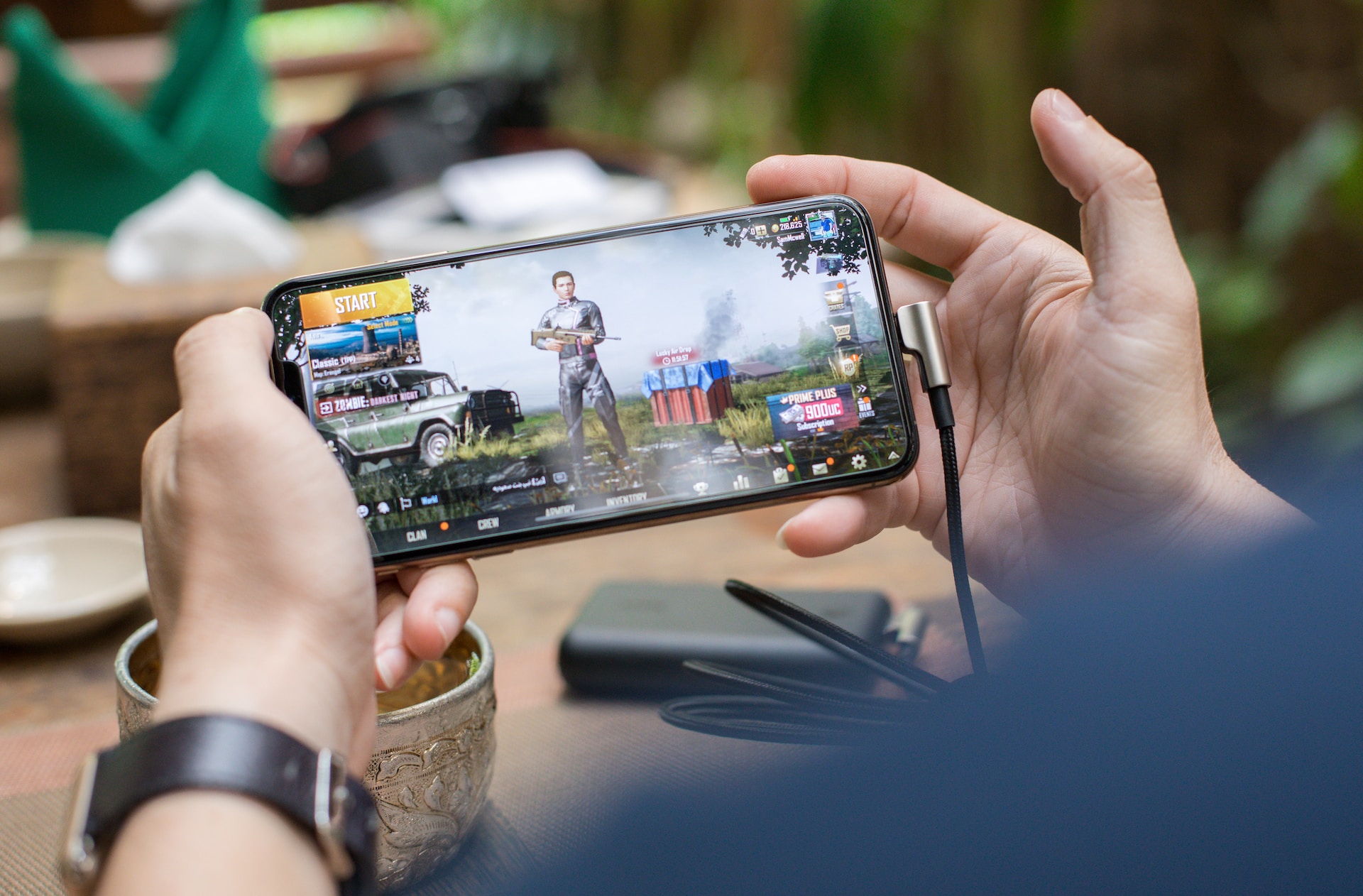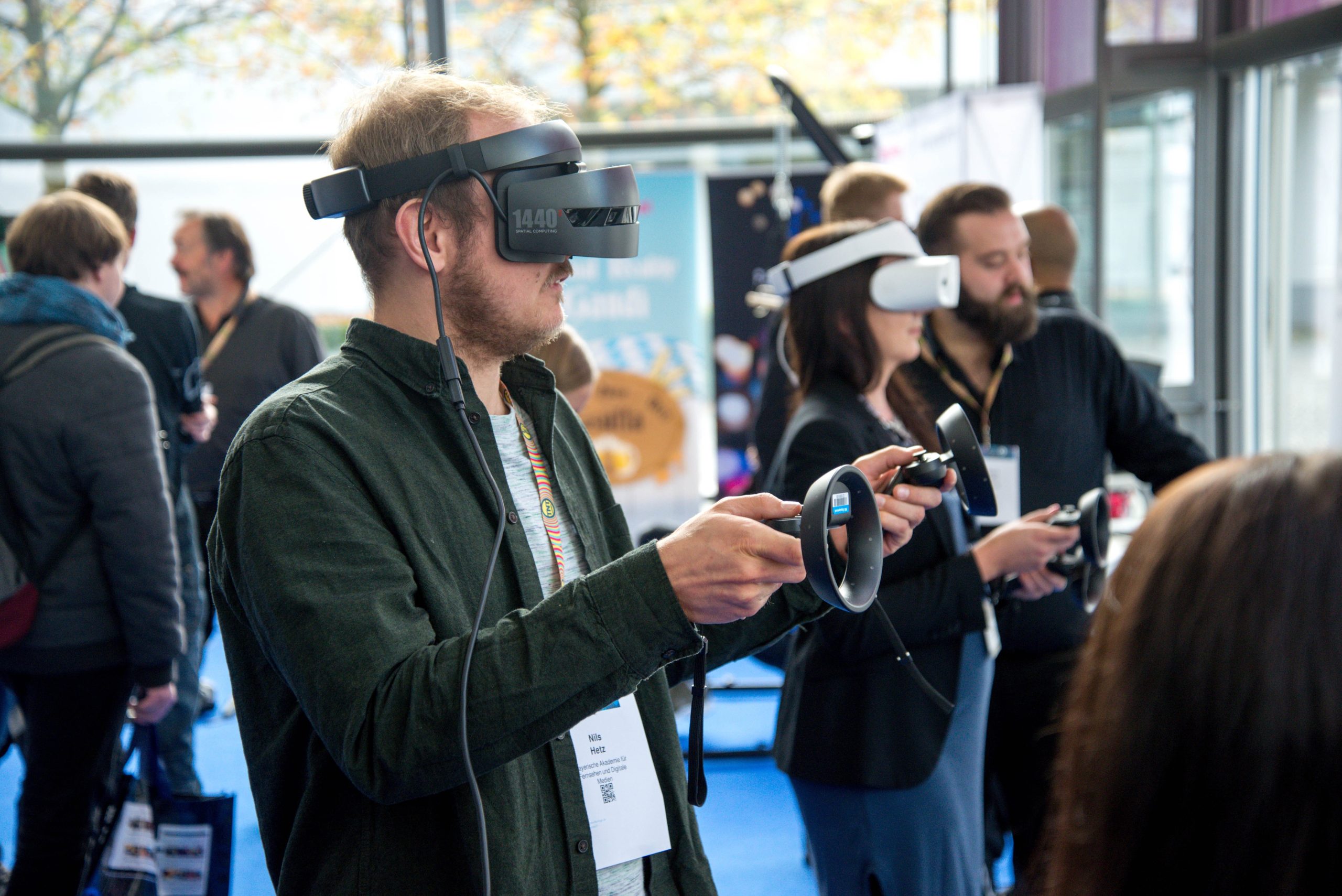The gaming industry has been anticipating the arrival of 5G for years, with promises of faster internet speeds, lower latency, and smoother gameplay. However, despite the hype, the adoption of 5G technology for mobile gaming has been slow, leaving many wondering when the promises of 5G will finally become a reality. In this article, we will analyze the current state of 5G mobile gaming and explore the factors that are hindering its progress.
5G Technology: What it Offers for Mobile Gaming
5G technology promises to revolutionize mobile gaming by providing faster internet speeds and lower latency. With 5G, gamers can enjoy immersive experiences with virtually no lag, which means games will run smoothly without any interruptions. In addition, 5G can provide higher bandwidth, enabling higher quality graphics, and richer gameplay.
The Potential for 5G Mobile Gaming
5G mobile gaming has the potential to transform the gaming industry. With faster internet speeds and lower latency, gamers can enjoy new genres of games, such as cloud-based gaming, where the game runs on remote servers, and players stream the gameplay to their devices. This means that gamers would not need high-end devices to enjoy games with high-quality graphics.
Furthermore, 5G mobile gaming could provide an opportunity for game developers to create more complex and engaging games. With faster internet speeds, developers could create games with larger maps, more complex characters, and detailed graphics, providing a more immersive experience for players.
The Challenges Hindering the Progress of 5G Mobile Gaming
Despite the promises of 5G technology, the adoption of 5G for mobile gaming has been slow. There are several factors contributing to this.
First, the deployment of 5G networks has been limited in many areas, with some countries having only partial coverage. This means that gamers in these areas cannot take advantage of 5G technology, and even in areas where 5G is available, it is not always reliable.
Second, the cost of 5G-enabled devices is still high, making it difficult for many gamers to upgrade to 5G devices. In addition, many gamers are still satisfied with their current devices and do not see the need to upgrade.
Third, the development of games that can take advantage of 5G technology is still in its early stages. Developers are still experimenting with new game mechanics and designs that are optimized for 5G, and it may take some time before these games become widely available.
Finally, there is the issue of data usage. 5G technology offers faster speeds, but it also means that gamers can use up their data allowances more quickly. This may deter some gamers from adopting 5G for mobile gaming.
The Future of 5G Mobile Gaming
Despite the challenges facing 5G mobile gaming, it is clear that the technology has the potential to transform the gaming industry. As 5G networks become more widespread and reliable, and as the cost of 5G devices decreases, more gamers will adopt 5G technology. In addition, game developers will continue to experiment with new game designs and mechanics that are optimized for 5G, leading to a new era of mobile gaming.
In conclusion, 5G technology offers exciting opportunities for mobile gaming, but its adoption has been slow due to limited network coverage, high device costs, limited game development, and data usage concerns. However, as these challenges are addressed, 5G mobile gaming has the potential to revolutionize the gaming industry, providing gamers with new and immersive experiences.










